Network structures vary around the country, but many employ a Deputy Director or a Senior Lead Nurse. This role acts as a line manager to the wider network team, including QIS nurses, Care Coordinators, AHPs and Education team.
As a senior lead nurse, you would be required to support and manage each team as they navigate their work programme. The role also includes responsibility for leading region-wide projects and linking regional teams with wide regional and national initiatives.
Before you can apply for this role, you will need to gain extensive experience across a number of neonatal nursing roles including management, education, advanced clinical practice. You would also benefit from experience within a network role and being involved in national groups, which provides experience outside of your neonatal unit.
Nursing voice
Hello, I’m Robyn Smart – I work for the South West Neonatal ODN as a Senior Lead Nurse.
My role has grown over the course of my seven years in post. One of the joys of working as part of a network is it’s ever evolving and changing in shape. I am proud and feel a sense of privilege to work in this role, particularly as we are able to adapt and support the wider needs of neonatal services within our region.
My career has been exciting and I’ve been grateful to have been inspired from an early stage by committed and passionate senior nurses. I’m thankful for the opportunities that have presented themselves to me and enjoyed a variety of different development activities. My clinical background has been in tertiary neonatal services in a busy city, working my way from a newly qualified Band 5 to a Band 7 Neonatal Sister.
I’m grateful to work as part of a network that values and demonstrates appreciation for the whole neonatal pathway journey that a family might embark on, and enjoy exploring the different strengths within the units that we support.
I have completed a number of different leadership programmes, enjoyed advancing my communication though the use of coaching and mentoring. All of which have supported my confidence when working in such a varied role.
As a nurse within the network – I have a number of responsibilities, Workforce planning and development, Network Governance, Team support and leadership. I am good at holding lots of information in my head, and making connections with various work streams, which supports continuity of projects across the region, as well as strengthens the fruitfulness of the regional work we engage in.
Governance is a significant role of Neonatal Networks – we work collaboratively with neonatal services to provide oversight of the neonatal pathway, though the use of data and regional process. We work hard to ensure that neonatal services are working in alignment with the National Neonatal Service Specification, and are close stakeholders of NHS England, both regionally and nationally. We note trends and themes across a range of different processes. Some of which include, Incidents, Risk, Exceptions, Workforce, Operational Escalation, Guidelines and Policies and Sharing learning and disseminating good practice.
It’s a hugely varied role, with lots of different interesting elements. My strategic perspective and ability to think outside the box allows me to explore neonatal governance in a different way, with a strong focus on compassionate leadership.
Building connections and relationships has always been what I’m pulled towards. While I enjoyed clinical nursing, my passion has always been for listening and understanding more about families to help improve neonatal services, and supporting staff to maximise their professional potential.
If you’re interested in learning from experience, feedback and listening to what’s worked well…and what hasn’t worked so well sometimes, then regional governance might be an interesting place for you.






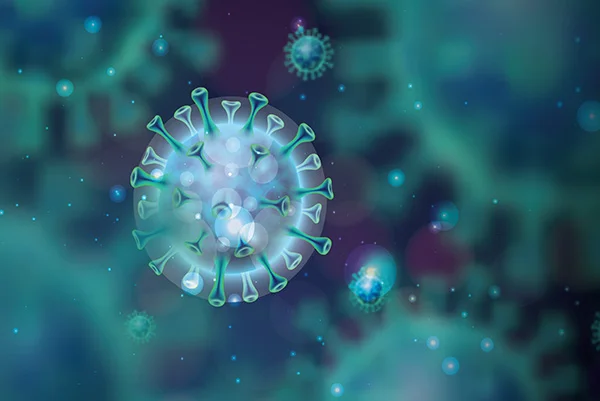








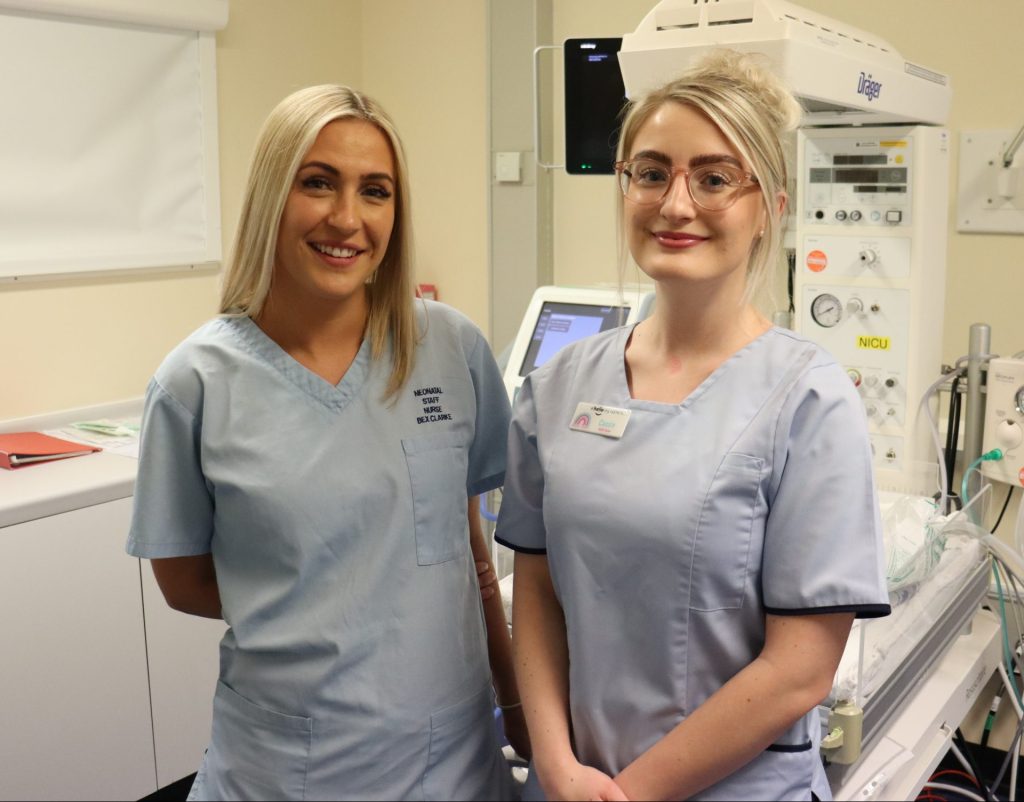

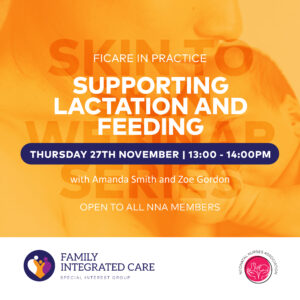
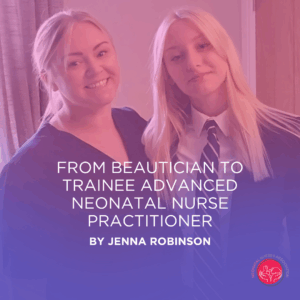

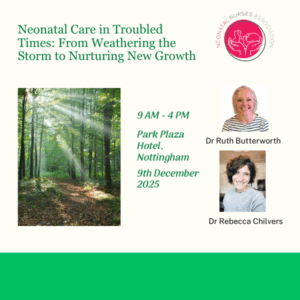
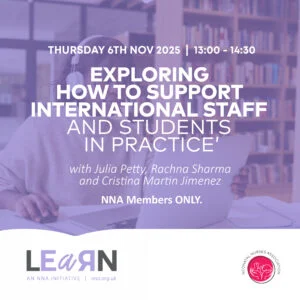

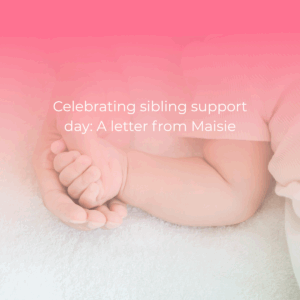



 I’m Lora Alexander, one of the Quality Improvement coaches in a busy Level 3 NICU. QI is all about understanding problems, thinking of solutions, implementing ideas and analysing the results.
I’m Lora Alexander, one of the Quality Improvement coaches in a busy Level 3 NICU. QI is all about understanding problems, thinking of solutions, implementing ideas and analysing the results.  My name is Adedoyin Yissau, also known as Dee. I am the Education and Workforce Lead for the London Operational Delivery Network. I came into post as a Network Educator in 2019 and have since developed nursing education region wide, with the current focus on developing a nursing career pathway for London.
My name is Adedoyin Yissau, also known as Dee. I am the Education and Workforce Lead for the London Operational Delivery Network. I came into post as a Network Educator in 2019 and have since developed nursing education region wide, with the current focus on developing a nursing career pathway for London.
 Neonatal Network Nurse Educator
Neonatal Network Nurse Educator My name is Dr. Julia Petty, and I am a nurse lecturer specialising in children’s nursing with a particular interest in neonatal care. My nursing career in paediatric and neonatal clinical nursing practice began after a BSc Hons degree in Psychology at Warwick University, when I moved to Great Ormond Street Hospital, London. Here, I trained in children’s and adult nursing before working there for many years in children’s and neonatal surgical care. I then gained my neonatal nursing qualification at St George’s NHS Trust London and worked at the Whittington NHS Trust NICU before moving back to Great Ormond Street for a senior education role on NICU where I worked until 2001. I then worked as Senior Lecturer at City University, London for 12 years leading the neonatal nursing education portfolio. I studied for a MSc, a PGCE and MA in academic practice during this time, In 2013, I moved to the University of Hertfordshire where my role is Associate Professor (learning and teaching) and Senior lecturer child nursing. I teach on the BSc Hons nursing and master’s degree programmes including leadership of modules, face-to-face/online teaching, assessing and supervision of students at all levels up to doctorate level. I am also research active and have completed a Doctorate in Education. As a nurse, educator and post-doctorate researcher, my interests focus on parents’ premature birth experiences, supporting parents in the transition home from NICU, exploring communication needs of neonates and their carers and studying the educational value of digital storytelling. This combination and variety of roles enriches my working life and brings together my experience as a child / neonatal nurse, educator and researcher. My role and related activities enable me to engage in both education and research while supporting students on their nursing career and education pathway, which is a privilege to be part of.
My name is Dr. Julia Petty, and I am a nurse lecturer specialising in children’s nursing with a particular interest in neonatal care. My nursing career in paediatric and neonatal clinical nursing practice began after a BSc Hons degree in Psychology at Warwick University, when I moved to Great Ormond Street Hospital, London. Here, I trained in children’s and adult nursing before working there for many years in children’s and neonatal surgical care. I then gained my neonatal nursing qualification at St George’s NHS Trust London and worked at the Whittington NHS Trust NICU before moving back to Great Ormond Street for a senior education role on NICU where I worked until 2001. I then worked as Senior Lecturer at City University, London for 12 years leading the neonatal nursing education portfolio. I studied for a MSc, a PGCE and MA in academic practice during this time, In 2013, I moved to the University of Hertfordshire where my role is Associate Professor (learning and teaching) and Senior lecturer child nursing. I teach on the BSc Hons nursing and master’s degree programmes including leadership of modules, face-to-face/online teaching, assessing and supervision of students at all levels up to doctorate level. I am also research active and have completed a Doctorate in Education. As a nurse, educator and post-doctorate researcher, my interests focus on parents’ premature birth experiences, supporting parents in the transition home from NICU, exploring communication needs of neonates and their carers and studying the educational value of digital storytelling. This combination and variety of roles enriches my working life and brings together my experience as a child / neonatal nurse, educator and researcher. My role and related activities enable me to engage in both education and research while supporting students on their nursing career and education pathway, which is a privilege to be part of. Hello my name is Claire Richards and I’m the Lead Nurse for the Wales Maternity and Neonatal Strategic Network. This covers nursing leadership but also Neonatal transport. I also have a clinical honorary contract in one Health Board.
Hello my name is Claire Richards and I’m the Lead Nurse for the Wales Maternity and Neonatal Strategic Network. This covers nursing leadership but also Neonatal transport. I also have a clinical honorary contract in one Health Board. Hello, my name is Kim Edwards, and I am a Neonatal Nurse. I am currently the Lead Nurse and Workforce, Education Lead for the Thames Valley and Wessex Neonatal Operational Delivery Network (ODN)
Hello, my name is Kim Edwards, and I am a Neonatal Nurse. I am currently the Lead Nurse and Workforce, Education Lead for the Thames Valley and Wessex Neonatal Operational Delivery Network (ODN)
 Hello, my name is Jean and I am a registered children’s nurse with 27 years experience. I qualified with a DipHE after struggling academically due to dyslexia. Over my career I have worked mainly in PICU, NICU and children’s cardiac critical care. I am dual qualified in speciality (QIS) for both Neonatal and Paediatrics. The QIS program is a post graduate modular course completed at level 6/7. To be considered QIS you must successfully complete 4 separate modules, each have an academic and practical component. Only on completion of the QIS course can you apply for a band 6 role. In addition to the above qualifications it is expected you would have several years proven experience in speciality at Band 6 and 7 prior to applying for a Matron’s role.
Hello, my name is Jean and I am a registered children’s nurse with 27 years experience. I qualified with a DipHE after struggling academically due to dyslexia. Over my career I have worked mainly in PICU, NICU and children’s cardiac critical care. I am dual qualified in speciality (QIS) for both Neonatal and Paediatrics. The QIS program is a post graduate modular course completed at level 6/7. To be considered QIS you must successfully complete 4 separate modules, each have an academic and practical component. Only on completion of the QIS course can you apply for a band 6 role. In addition to the above qualifications it is expected you would have several years proven experience in speciality at Band 6 and 7 prior to applying for a Matron’s role. My name is Lisa Baker, I’m a Ward Manager on a Level 2 Special Care Baby Unit in South Wales and I’ve been in this role since 2020.
My name is Lisa Baker, I’m a Ward Manager on a Level 2 Special Care Baby Unit in South Wales and I’ve been in this role since 2020.  Hello, my name is Wesell, and I am currently a trainee Advanced Neonatal Nurse Practitioner (ANNP) at Great Western Hospital, which is a Local Neonatal Unit (LNU). Prior to this, I gained substantial experience in a tertiary neonatal unit where I completed my QIS course at master’s level. This course, alongside my role as a senior nurse, provided me with the expertise required to develop my career further in neonatal care.
Hello, my name is Wesell, and I am currently a trainee Advanced Neonatal Nurse Practitioner (ANNP) at Great Western Hospital, which is a Local Neonatal Unit (LNU). Prior to this, I gained substantial experience in a tertiary neonatal unit where I completed my QIS course at master’s level. This course, alongside my role as a senior nurse, provided me with the expertise required to develop my career further in neonatal care. My name is Hannah Wells, and I am a Neonatal Surgical Clinical Nurse Specialist (CNS).
My name is Hannah Wells, and I am a Neonatal Surgical Clinical Nurse Specialist (CNS). Hi, I am Amanda and work as the Neonatal Infant Feeding Coordinator for a NICU and a SCBU within one service. While the role is not standardised, many neonatal units now have dedicated posts.
Hi, I am Amanda and work as the Neonatal Infant Feeding Coordinator for a NICU and a SCBU within one service. While the role is not standardised, many neonatal units now have dedicated posts. Hello, my name is Daniela Machado, and I am proud to be a Developmental Care Specialist/Lead Nurse and a sister/charge nurse, working across two different trusts. I am originally from Porto, Portugal, and have spent 14 years building my nursing career in the UK. My role involves applying and advancing neuroprotective/developmental care practices for our preterm and neonatal patients/families.
Hello, my name is Daniela Machado, and I am proud to be a Developmental Care Specialist/Lead Nurse and a sister/charge nurse, working across two different trusts. I am originally from Porto, Portugal, and have spent 14 years building my nursing career in the UK. My role involves applying and advancing neuroprotective/developmental care practices for our preterm and neonatal patients/families. Hello! I am Renjita Raju , a Neonatal Junior Sister working in London. After completing my BSc nursing degree in India, I moved to UK, and completed NMC OSCE to get registered and QIS course to become specialised in neonatal care. I recently qualified as an NLS instructor with the support from NNA scholarship programme. My role involves caring for premature and critically ill newborns, ensuring their safety and health with a highly collaborative multidisciplinary team. I also teach in NLS courses as an instructor following my passion in neonatal resuscitation. I love witnessing infants grow stronger each day and supporting their families through this journey. I’m grateful for the opportunity to provide meaningful compassionate care to the tiniest, most vulnerable patients.
Hello! I am Renjita Raju , a Neonatal Junior Sister working in London. After completing my BSc nursing degree in India, I moved to UK, and completed NMC OSCE to get registered and QIS course to become specialised in neonatal care. I recently qualified as an NLS instructor with the support from NNA scholarship programme. My role involves caring for premature and critically ill newborns, ensuring their safety and health with a highly collaborative multidisciplinary team. I also teach in NLS courses as an instructor following my passion in neonatal resuscitation. I love witnessing infants grow stronger each day and supporting their families through this journey. I’m grateful for the opportunity to provide meaningful compassionate care to the tiniest, most vulnerable patients. 